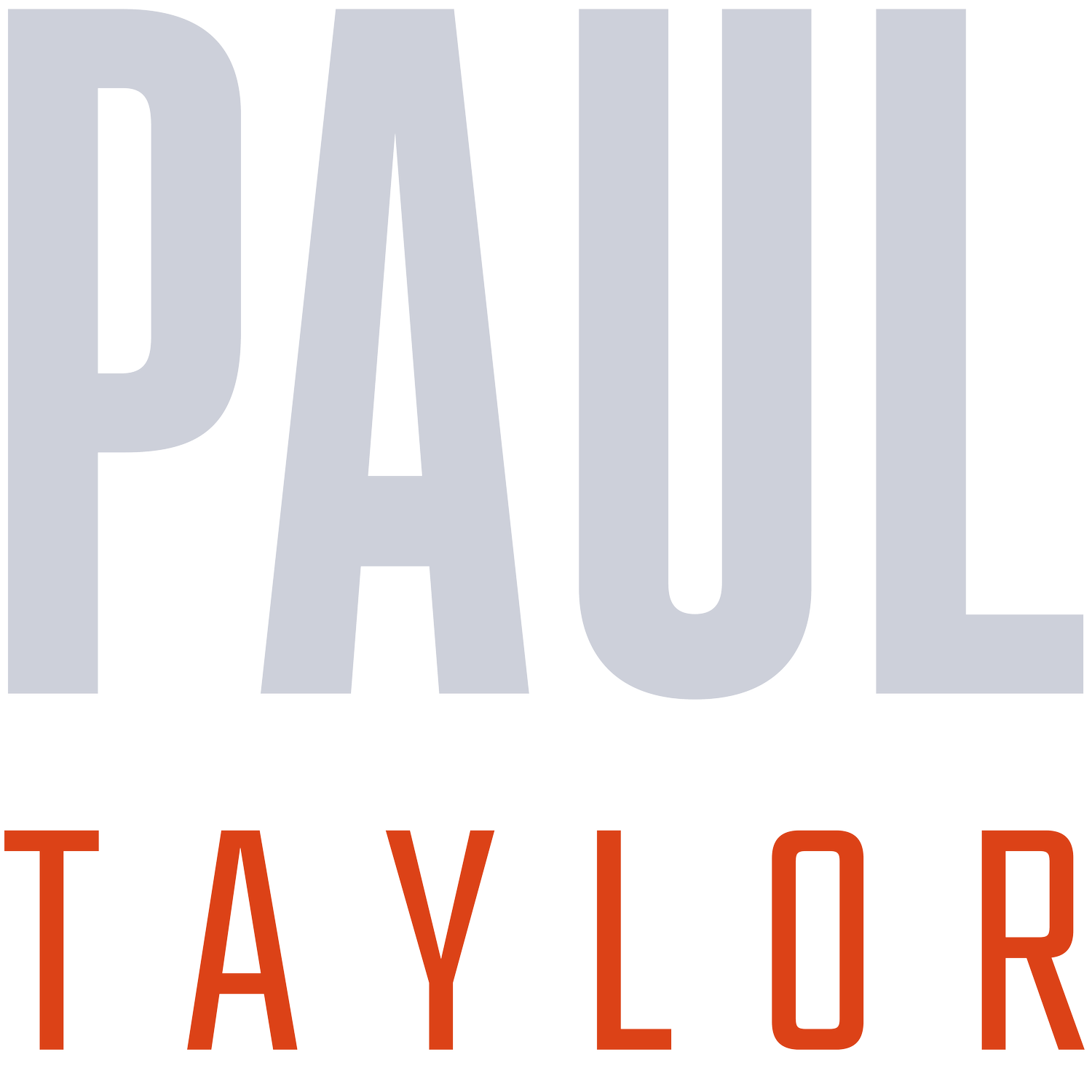Should I Avoid Artificial Sweeteners?
Today, we are going to talk about a very recent research paper that highlighted some of the health risks of artificial sweeteners. As some of you may know, artificial sweeteners are food additives that duplicate the effect of sugar in taste but has lot less food energy.
A number of animal studies have shown convincingly that artificial sweeteners cause weight gain, brain tumor, bladder cancer and many other health hazards. While these are in animals, a lot of those studies haven't been replicated in humans. But before we dig into the latest study, let's talk about what an artificial sweetener is and then some of the other natural sugar substitutes.
So natural ones are things such as hydrogenated starch, inulin, sorbitol, lactitol, maltitol, mannitol stevia and xylitol among others. There's a whole list of natural ones. In terms of artificial sweeteners, the most common one is aspartame. There's also something else called acesulfame k, saccharine and sucralose. So they're the ones that we are going to talk about.
In this study called Artificial Sweeteners And Cancer Risk: Results from the NutriNet-Sante Population-Based Cohort Study published recently in Plus Medicine, which is an open access journal, what the researchers did is take a large population of French adults, over 100,000 of them have been followed up for almost 10 years to look at their diet and see what happens to people over time.
This big population study has been looked at, poked and prodded tracked over time to see who gets what disease, and then they try to tie it back to their nutritional habits. The research group also looked at the association with cancer risk, but they used statistical methods to actually adjust for things such as how fat people were, how high they were, whether they
actually gained weight over time, whether they had diabetes, had a family history of cancer, the amount of alcohol that they consumed, their energy intake, sodium, saturated fat, sugar, fruit, vegetables, whole grains, dairy products—all of this stuff.
So even though it's an observational study, they try to control for all of these factors. But what they really focused on is their intakes of artificial sweeteners and their risk of developing cancer over time. And here's what they found.
If the individual was above the median intake had an increased risk of cancer. The hazard ratio is 1.13, which meant that there was a 13% increased risk of overall cancer. This is not just one cancer, but overall.
Particularly, it was even worse for aspartame, which is a 15% increase risk. Acesulfame K had a 13% increased risk of cancer, and they also observed a 22% increase risk in females for breast cancer, and a 13% increase risk of obesity-related cancers. While this is obviously a pretty disturbing research paper, here's what the authors said, “Our findings do not support the use of artificial sweeteners as safe alternative for sugar in foods or beverages and provide important and novel information to address the controversies about their
potential adverse health effects.”
While these results need to be replicated in other large-scale cohorts and underlying mechanisms clarified by experimental studies, they provide important and novel insights for the ongoing reevaluation of food additive sweeteners by the European Food Safety Authority and other health agencies globally.
Take home, don't eat artificial substances. Researchers did recognise that there were
limitations, given that it's an observational study, but it is supported by experimental studies in vitro, which is basically in the test tube and backed up by a wealth of animal studies that show that these artificial sweeteners are cancer causing.
Aside from increasing cancer risk, these sweeteners also cause weight gain, a disrupt in the gut microbiome, and basically do lots of nasty stuff at a cellular level. So this is pretty clear evidence that we should knock this stuff on the head. And the alarming thing is you're often not told on the packaging what's actually in it.
To provide a bit of clarity on that, when you're looking at the ingredients list, if it says E951, that's basically aspartame and if it’s E950, it is acesulfame k—they are the two worst offenders. There’s also sucralose which is E955. So if you see those numbers, avoid them like the plague.
Corporate burnout to mental fitness
Inspired to live intentionally? Want to be the change in your workplace? Fill out this form & let’s chat.


